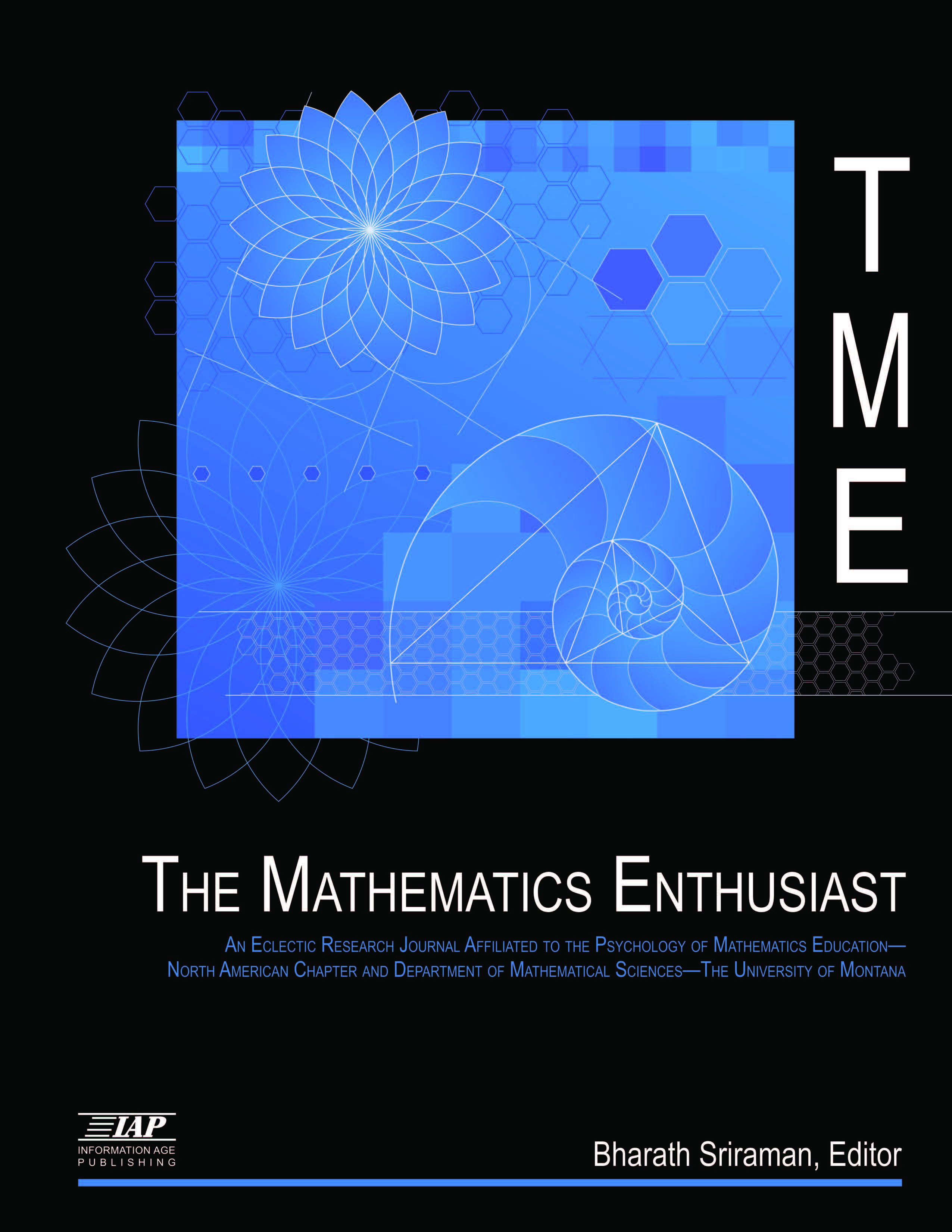
Volume
20
Issue
1-3
Abstract
At the outset, Dr. Hannah Fry’s book Hello World: Being Human in the Age of Algorithms is an engaging survey of how algorithms are being used in modern life. The book is written for a general audience with a focus on concepts and principles. As such, the narrative does not dig deeply into the details of any particular topic but instead offers a snapshot of how algorithms reside within a variety of contexts in the modern world. Through relatable examples, Dr. Fry builds a narrative that explains how algorithms are used as tools to predict, influence, augment, and mimic human behavior. Woven throughout the narrative are stories that reveal the power and pitfalls of algorithms. We learn about algorithms used by advertisers, data brokers, judges, chess masters, and healthcare workers. Along the way, Dr. Fry reveals how algorithms are being used to identify cancerous cells, build driverless vehicles, influence an online behavior, and create art. After reading the book, I was left asking practical questions such as, did that recent grocery store advertisement arrive by chance or is it based on my previous shopping behavior? How is my online browsing influencing the advertisements I see on social media? At the same time, the book inspired broader questions such as, how are algorithms being used for sentencing within the local court system? In what ways is care at the nearby hospital influenced by algorithms? In what follows, I have sought to craft a response to the book from my own lens of mathematics education rather than a detailed analysis of the particular merits. For those seeking a recommendation on whether or not to read the book, my response is: Read it. It is inextricably connected to the work that you do.
First Page
139
Last Page
151
Recommended Citation
Hertel, Joshua T.
(2023)
"Algorithms and Mathematics Education A Response and Review of Hannah Fry’s Hello World: Being Human in the Age of Algorithms,"
The Mathematics Enthusiast: Vol. 20
:
No.
1
, Article 17.
DOI: https://doi.org/10.54870/1551-3440.1599
Available at:
https://scholarworks.umt.edu/tme/vol20/iss1/17
Digital Object Identifier (DOI)
10.54870/1551-3440.1599
Publisher
University of Montana, Maureen and Mike Mansfield Library
